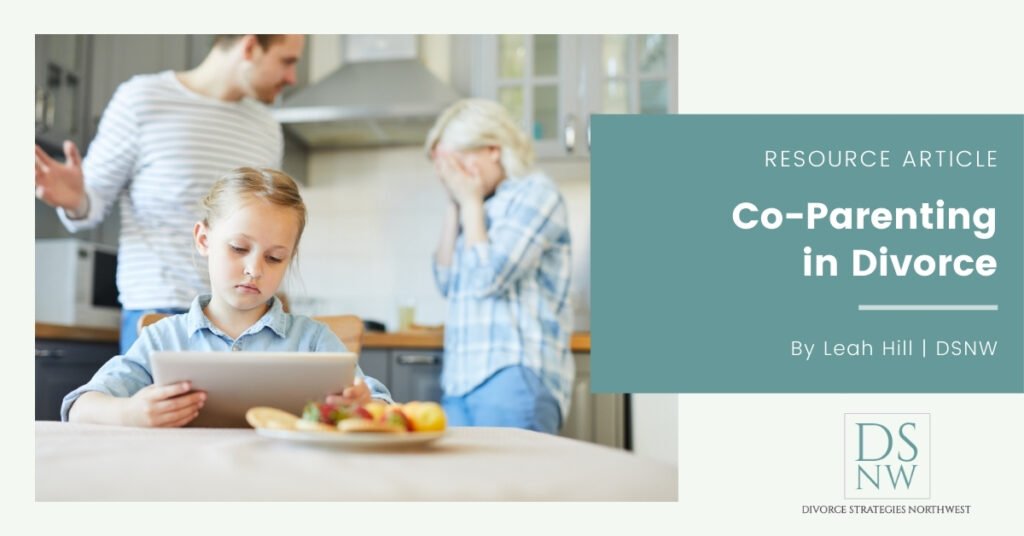
Co-parenting in divorce is challenging, confusing, and fraught with pitfalls. The dangers have the potential to amplify the damage within your family caused by divorce. Typically, co-parents collaborate on the big, impactful decisions and operate independently on small, everyday ones. Some parents need support in transitioning to a two-household family.
These shared custody tips can help give your children the stability, security, and close relationships with both parents that they need.
Recognize and avoid the following mistakes:
• Sabotaging your child’s relationship with the other parent.
• Using your child as a pawn to “get back at” or hurt your ex-spouse.
• Using your child to gain information or to manipulate and influence your ex-spouse.
• Transferring hurt feelings and frustrations toward your ex-spouse onto your child.
If your child hears you blame, shame, or demonize each other, they can internalize those messages and feel bad about themselves. It also pressures them into defending one of you, or taking sides, polarizing their allegiances. If you are angry and need to convey a strong message to your ex-spouse, wait until you have privacy, or are with a therapist or mediator.
Recall this laser-focused truth: When you harshly criticize your child’s parent in front of your children, you are attacking your child’s DNA.
• Forcing your child to choose a side when there’s a conflict in scheduling or another planning challenge.
• Turning family events attended by both divorced parents into pressure cookers. Events that call for sensitivity include birthdays, holidays, school programs, extracurricular activities, and performances.
• Depending too much on your children for companionship and support because you’re hurt and lonely and have adopted a siege mentality: “it’s us against the world.” This isn’t a healthy position for you nor your child to adopt.
• Treating your child like an adult because you’re lonely or you need help. It is inappropriate for children to help adults process their emotions.
• Being emotionally needy, so that your child develops feelings of guilt if he or she spends time or even wants to spend time with your ex, friends, grandparents or others.
• Converting guilt over the divorce into overindulgence when it comes to satisfying your child’s material desires.
Besides making a commitment to avoid these mistakes, you should affirmatively commit to a family and parenting strategy that will help you and your child flourish in your “new normal”.
The primary goal of parenting is to create a foundation for your child to become a well-adjusted, independent, confident, and connected person. When divorce is handled with mutual compassion, grace, respect, and patience, the experience of moving through it can offer your children tools to help them navigate future trials and tribulations—skills for problem-solving, conflict management, mindfulness, and resilience. Doing so can strengthen their ability to overcome adversity later in life.
There is no better way to recalibrate during challenging times then to intentionally recall our successes, and to celebrate our abundance, rather than focus on scarcity, resentment and bitterness. Work on acceptance and creating home as a “safe space”. Doing so will anchor your children and give them a foundation of stability and unconditional love.
Your Trusted Partner
Whether you’re contemplating a divorce, have already started the process, or are far into the proceedings, do you wish you had someone to share with you the inside scoop on how to save money, time, and emotional energy on your divorce?
Our team is available for Support On-Demand to discuss the many scenarios, options, and implications of separation or divorce, via telephone or videoconference during this time. Feel free to get in touch with us; we are here for you!





[…] Consider co-parenting optionsIf you share minor children, begin to think about how shared custody could work for your family. A carefully thought-out plan is not only a legal requirement, […]